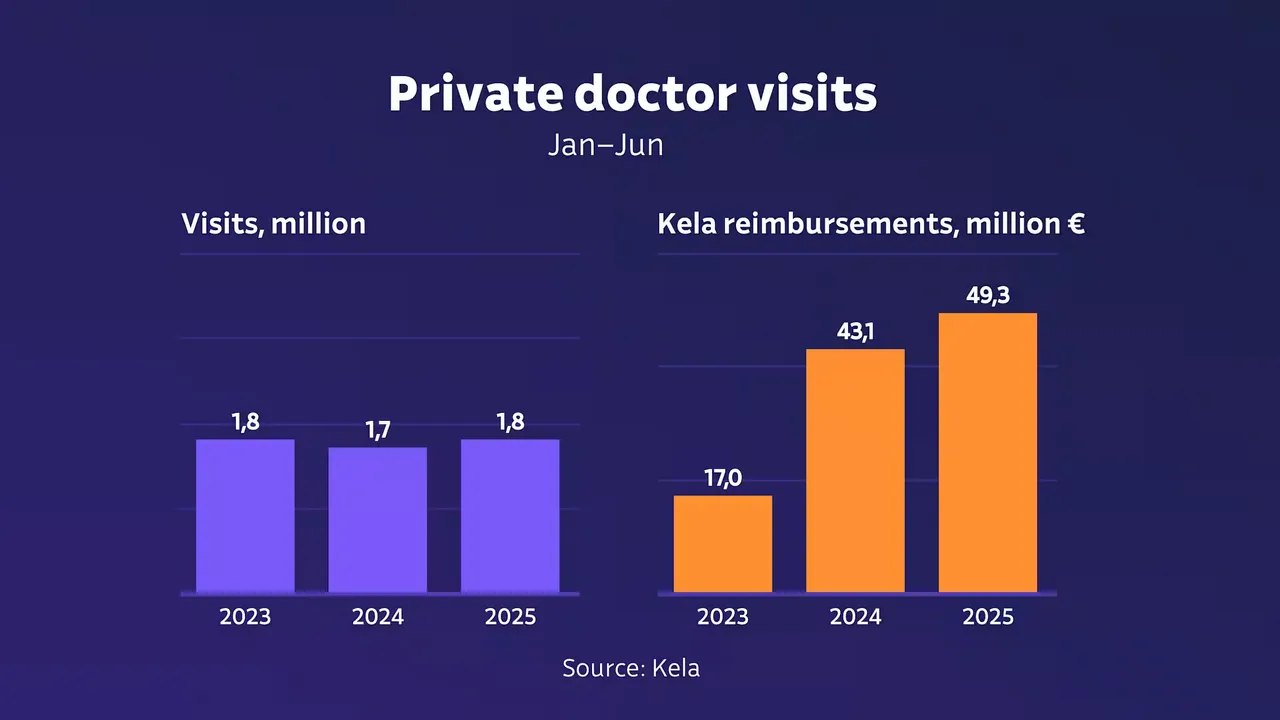I was reading an article from the Finnish news about a decision the government made a couple years ago to increase the reimbursement of visits to private doctors from 8€ to 30€. The goal was to reduce the burden on the public healthcare by encouraging people to use private instead. And as expected, the initiative failed.

While the costs in rebates nearly tripled, the number of visits only increased around 2%. What this indicates is that people who would have used private anyway and paid more, got more back. But few people were convinced to start using private - because the total cost of a visit was still out of reach. Essentially, the government rebated people who didn't need the rebates with value that could have ultimately been used to improve the healthcare for the people who couldn't afford private visits.
This happens a lot with government initiatives, where the "predicted" result doesn't actually factor in human behaviours. Because even if the intention is good, the execution matters and if the system isn't conducive to getting the result, which also has to factor in human behaviours, it isn't going to achieve what was intended. Governments are notoriously bad at predicting human behaviour, while corporations are pretty good at predicting consumer behaviour. However, corporations internally generally act a lot like governments, meaning that they aren't very good at directing their own employees to do a brilliant job, as the messaging is poor, and the incentives are mismatched.
Often, there is more incentive to go opposite to what is intended, than to "do the right thing". Often, the system employed relies on people to act according to what is best for everyone, even though logic says that people will act in their own self-interest, even if that behaviour means hurting their future selves, as well as others. It is the "this is why we can't have nice things" situation, because even if the majority do the right thing, the minority can ruin it for everyone else. Like a playground built for children, and vandalised by teens.
Expecting people to do the right thing, is just not going to happen, so a system has to be robust enough to ensure that either people can't do the wrong thing, or the punishment for doing the wrong thing is so high, they will choose not to do it. The challenge is of course, that it is hard to predict all the "wrong thing" attack vectors without experience, so a system has to be built to evolve as more information comes to light as to how people are actually using it. But, this is data intensive, as well as requiring analysis. It is easier to set and forget, based on assumptions that it is working as intended.
Looking back at the government decision to increase rebates, if looking from the human behaviour view, the expected thing happened.
According to Kela monitoring, private doctor prices rose more than twice as fast as inflation in the first half of 2024, when the government increased Kela reimbursements. Inflation was 3.3 per cent at the time; however, private doctor services became eight percent more expensive.
That's right. So, even though the rebate increased, the private medical suppliers increased their prices at over twice that of the inflation, essentially nulling the effect of the rebate for the majority of users. This means that they were able to maintain the same level of service without even having to hire new people to provide for an influx, and still earn more than they were earning.
"It is, of course, clear that publicly listed companies want to increase their profits,"
The question that should be asked is,
Was this the actual intention?
Taraz
[ Gen1: Hive ]
Be part of the Hive discussion.
- Comment on the topics of the article, and add your perspectives and experiences.
- Read and discuss with others who comment and build your personal network
- Engage well with me and others and put in effort
And you may be rewarded.
